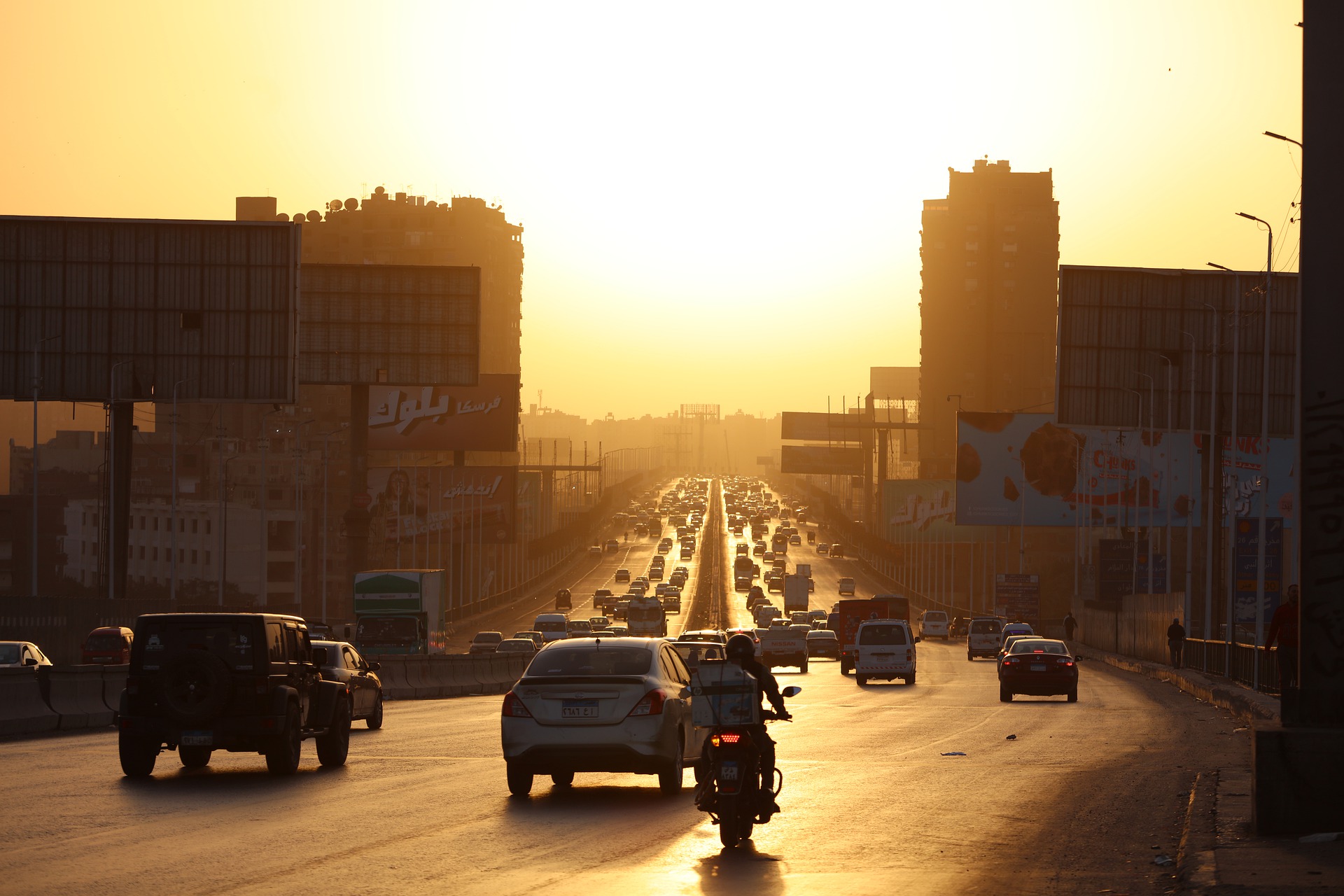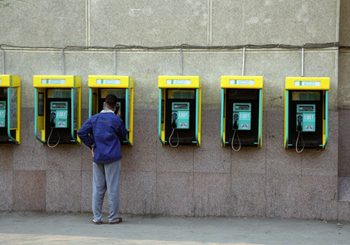“Do you live inside pyramids?” “How is pork different from any other meat?” “What do you mean you won’t move out at 18?” “Your parents pay for your tuition?” “Why would you invite people you barely know to your wedding?”
Having spent most of my childhood and youth moving from country to country, my roots are scattered across the globe. While this has always been and will likely remain one of the most treasured experiences of my life, questions like these were an inevitable staple throughout every stage and at every age.
When my peers and I were children, the questions were as ignorant as they were innocuous; being culturally unaware is a natural byproduct of early childhood. I was frequently asked if Egyptians lived in pyramids or rode camels to school. If I fasted or refrained from eating pork, I would be observed with confusion or curiosity, rarely with derision, discomfort, or judgement.
But at the age of 14 I moved to Europe, not returning to Egypt until I was 21. Though these seven years spent between the Czech Republic, Spain, and Ireland brought me joy, growth, and friendships that remain with me until this day, it was then that the tone of some of these inquisitive questions began to change.
Teenagers and young adults, far more than children, are exposed to the less than flattering image of Arabs and Muslims perpetuated in their surroundings, whether in news media, politics, or entertainment. And somehow, my unsuspecting shoulders found themselves bearing that burden on the odd school day.
Were I to pick up the phone to answer a call from my mother around my friends, they would wait for me to hang up to ask me if we had been fighting. “Your language sounds so aggressive,” they would say.
In true obnoxious teenager fashion, classmates would ‘humorously’ refer to me as a terrorist and I simply had to take it, because if I did not, I would be a killjoy, taking things far too seriously and personally.
I will never forget the look of disappointment on the face of a close friend when we were speaking of love and relationships, as teenagers are wont to do, and my answer to her question of whether I could see myself ending up with an Egyptian was, in fact, a yes. I could tell even then that my answer served as an uncomfortable reminder that I was not as much like her as she had hoped.
As I moved into adulthood, different things began to matter. My continued closeness with my family beyond childhood was alien to some, particularly my peers from Central Europe. To many of them, the whole point in turning 18 was to get as far away from your family as you possibly could.
My personal, and not even primarily religiously motivated, decision to stay away from alcohol was, of course, of interest to everyone around me. And when in fact I did leave my parents’ home for a semester in Ireland, I was unforgettably asked by a friend on a night out: “Why aren’t you drinking? Your parents aren’t here.”
Studying media at a university in Spain, I was often enrolled in courses that discussed politics and history, and naturally, it was my responsibility to represent, defend, and explain anything that remotely concerned any Arab or Muslim country. And at a highly conservative institution, surrounded by students that were barely exposed to other cultures, I rarely got a day off.
At the beginning, I thought little of it. I never let myself be too surprised or irritated by others’ need to probe the choices I made that were rooted in a culture different from their own. But, while I believe much of this was unintentional, I can no longer help but notice something slightly more insidious at work: I was constantly being othered.
I was a child, a teenager, and some of the most mundane and personal facets of my life were part of an exhibit for my peers, an open invitation for judgement. My presence served as a vehicle for them to make sense of a culture that was alien to them, often through a lens already tinted with prejudice, at the expense of my ever feeling fully accepted.
As the stranger, it was never my place to question or challenge the culturally motivated decisions they made. In fact, hindsight has shown me that I spent nearly a decade missing the fact that in the Western world, particularly Europe, cultural choices are not treated as cultural choices. They are treated as a default, and being outside of that default, I simply had to explain myself.
I was constantly, even as a child, expected to defend or explain, prove my argumentative prowess, to justify ever more personal choices — some of which were not even my own. I had to be an ambassador for everything from language to religious beliefs and practices, from music and cuisine to the entire concept of collectivist society.
I am certainly not a proponent of taking cultural imperatives at face value — on the contrary, I value and constantly engage in critical assessment of my facticity. But my constant exposure to the implicit, often inadvertent dynamic of condescension and judgement, of default versus deviation, of rational versus irrational, resulted in a fatigue I have yet to recover from.
Now, in the twilight of my twenties, I have called Egypt my permanent home for nearly seven years, and I am a woman unburdened. Having grown up away from Egypt may sometimes get in the way of my relating to some of the experiences of those who spent their whole lives here, but Egypt’s patchwork of identities has welcomed me in a way no other place had ever done before.
It would be disingenuous of me not to admit that I am privileged in that regard. Egypt certainly is a place that is capable of othering individuals on the basis of their class, race, nationality, sexuality, and gender identity. The break I caught by moving back home is not one afforded to all Egyptians trying to find their place in the world.
But only by catching that break did I begin to notice just how much this persistent othering exhausted me. Putting both space and time between myself and the questions and judgement I was subjected to made me realise that perhaps I did not need to put up with as much of it as I did.
As Egyptians abroad, particularly in the West, we often prioritize blending in over setting boundaries. But pausing to understand that we do not actually have to roll with the punches, that we can bring this dynamic to the attention of our peers and stop it in its tracks, may wind up making a world of a difference.
Any opinions and viewpoints expressed in this article are exclusively those of the author. They do not reflect the views of the Egyptian Streets’ editorial team. To submit an opinion article, please email [email protected].






Comments (0)